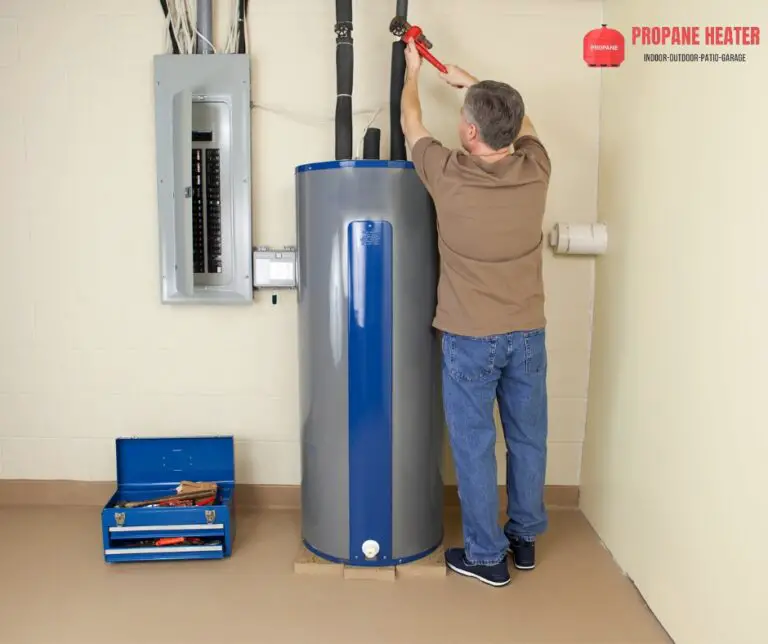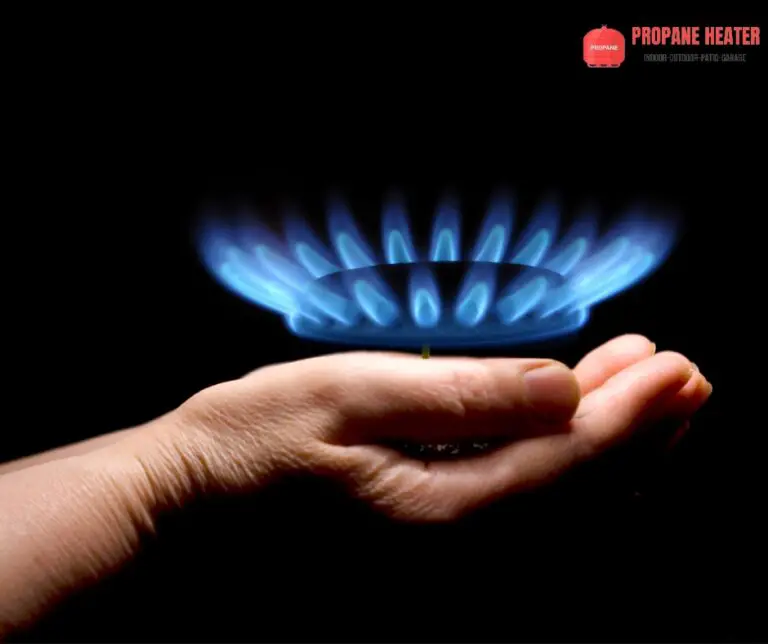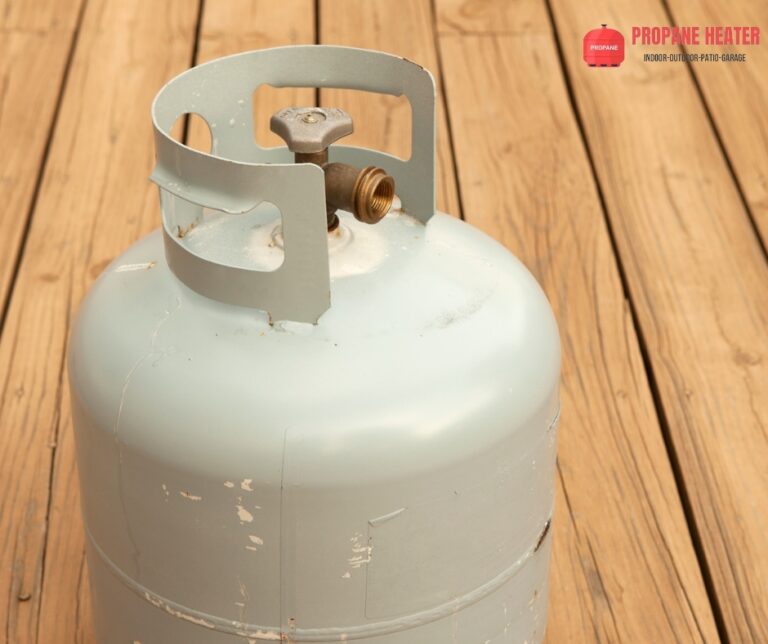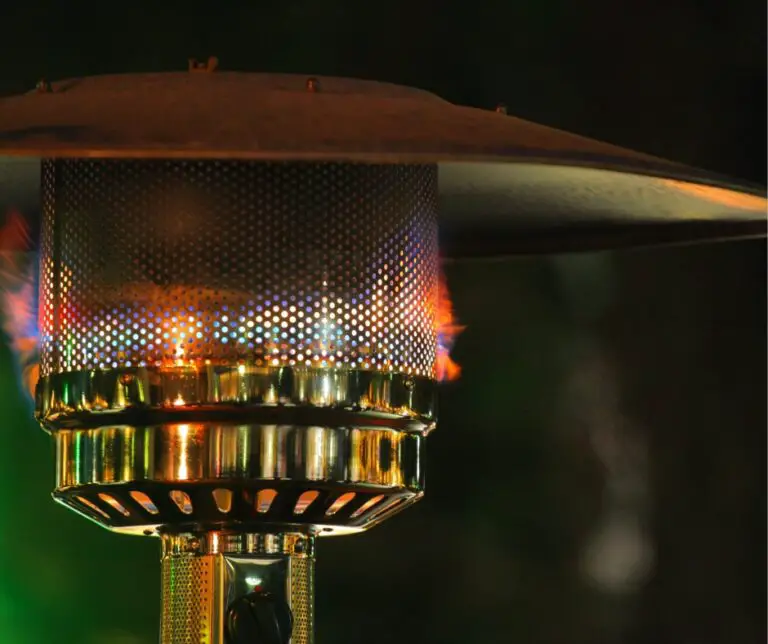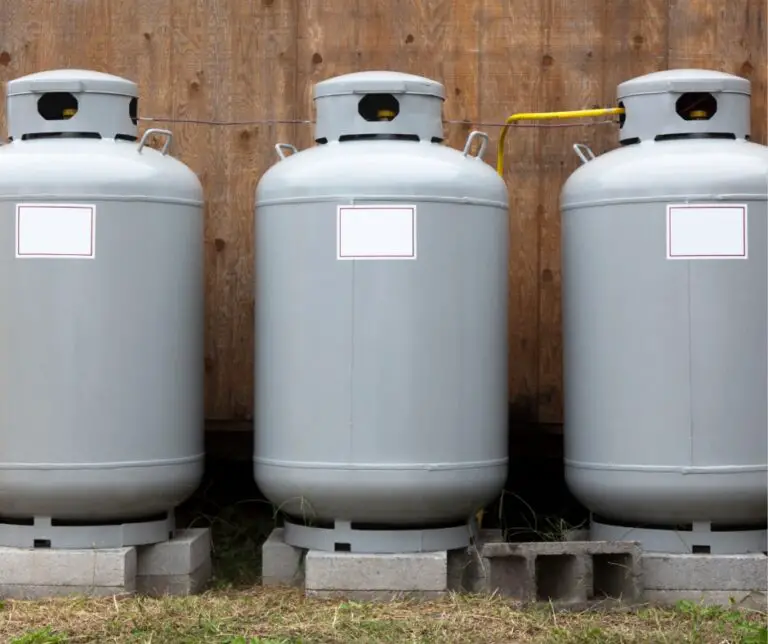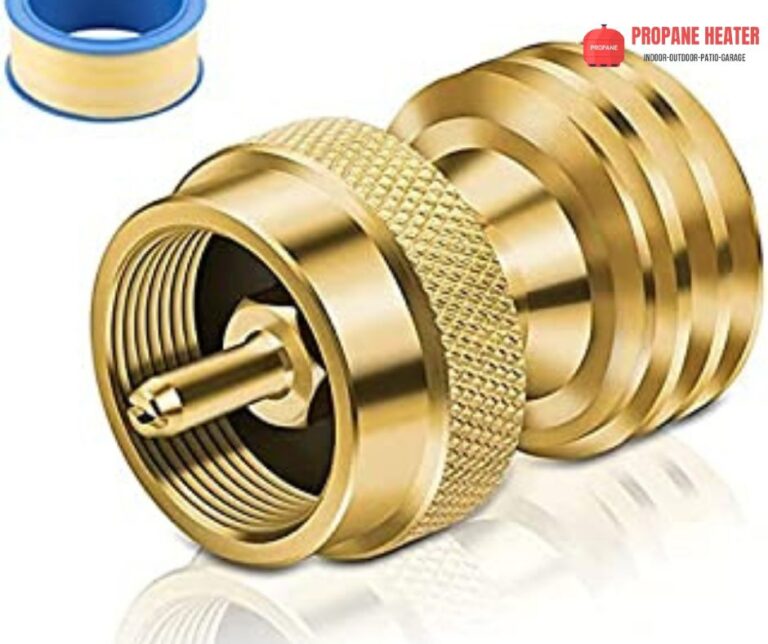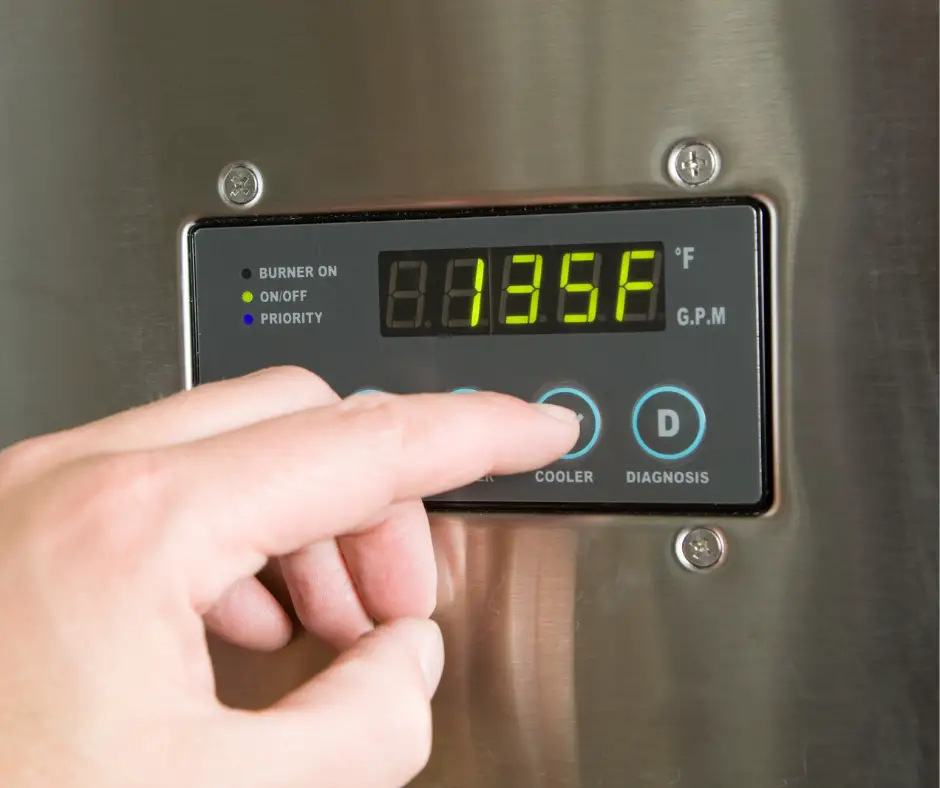
If you’re trying to decide between a traditional water heater and an electric tankless water heater, it’s essential to know how they compare. While the question of which is more efficient depends on many factors, one key factor is energy use. Therefore, a question that needs an answer is; how much electricity does a tankless water heater use?
Tankless water heaters can potentially use less energy than conventional hot water heaters. The average tanked hot water heater only uses around 50% efficiency, while the average tankless water heater is closer to 80%. This means that you’re using fewer natural resources and paying less for monthly heating costs.
How Much Electricity Does A Tankless Water Heater Use?
A tankless water heater uses less energy than a conventional hot water tank. This is because the tankless unit only needs to be active for a short time to produce hot water and does not run at total capacity all the time. Therefore, while this heater might draw around 18 kW at the initial stage of use, it will require less energy as it operates.
The average home in North America uses about 40 gallons of hot water per day at an average temperature of 120 degrees Fahrenheit (50 degrees Celsius). If you multiply these numbers together, you’ll get 880 kWh per year. That’s equivalent to about $100/year if your local electricity price is 10 cents per kilowatt-hour (kWh).
Factors That Contribute To Your Tankless Water Heater Electricity Use
Several factors can contribute to your tankless water heater’s electricity. Many of these are often out of your control, but some can be controlled, giving you the ability to minimize potential spending on electricity bills. Here are some of the factors to take note of:
Frequency of use
The frequency of use is one factor that will impact the amount of electricity your tankless water heater uses. If you only have one or two people in the home and don’t run hot water in several fixtures at once. In that case, your energy use will be lower than if you have a more prominent family using multiple showers and sinks simultaneously.
Length of use of each session
Another major factor in potential electricity consumption by your tankless water heater is the length of each use. The longer you run your tankless heater, the more energy it will consume. For example, if bath time takes around 10 minutes and you have an 18KW tankless water heater, you can expend as much as 2.7 kWh during this period alone.
Similarly, using machines like dishwashers for around 5 minutes will expend about 1.2 kWh of electricity. Also, how quickly the tankless water heater heats up can also affect how much power it uses. Some models are slower to heat up than others, so they’ll require less electricity overall.
The power rating of your tankless water heater
Your tankless water heater’s power rating is measured in kilowatts (kW). This is the maximum energy your tankless water heater can consume.
The power rating is based on the size of your tankless water heater and how many people it serves. For example, a family of four will do well with an electric tankless water heater of 18 kW as its minimum heating capacity. If you have a larger group, go with a 36 kW heater. The difference is that the latter will heat an equal amount of water faster than the former.
An 18 kW heater and a 36 kW heater can both produce water temperatures up to 140 degrees Fahrenheit (60 Celsius). However, if you need more heat or want better control over how quickly each appliance heats its stream of hot water, then consider investing in something more significant.
Flow rates and water temperature
Flow rate is measured in gallons per minute (GPM) and refers to how much water can be heated at once. The higher the flow rate, the more electricity it will use.
Also, colder outside temperature impacts how much power your tankless heater uses. This is why it’s essential to know the climate of where you live before purchasing one. If you want to run multiple showers or other hot water appliances at once without restricting water flow, then consider getting one with a high enough capacity for all of them combined.
Which Is More Efficient: A Tank Or Tankless Water Heater?
The tankless water heater is more efficient. It uses less energy than a tanked water heater, which means that you can save money on your electric bill. Tanked heaters reheat the same amount of hot water over and over again so they’re always running at full capacity.
A tankless unit only heats up when you need it to. Because it doesn’t have to reheat the same amount of water constantly, it’s much more efficient than its counterpart. Tankless units also give off fewer carbon emissions than traditional ones when they’re in use, making them an eco-friendly option.
In short: if you want a machine that will work efficiently with minimal impact on your wallet or environment while ensuring you never run out of hot water, then go with a tankless unit.
Why Do Electric Tankless Heaters Need Such High Kw?
Electric tankless water heaters use such high kW ratings because they achieve their efficiency by deploying a large amount of energy to heat up the water in a concise space of time.
Electric tankless heaters are able to do this because they only need to deploy power for a matter of seconds. In contrast, most hot water appliances in the home, including old-style tank heaters, run for hours at a time. With this, the job gets done quickly and then sits in a rest mode for the remainder of the day.
This leads to around 40% reductions in overall energy costs compared with conventional hot water systems with storage tanks. Another benefit is that there are even more significant savings. You can still pair your tankless water heater with solar panels or other renewable energy sources.
Conclusion
A tankless water heater uses a small amount of electricity. If you’re considering getting one, consider how much electricity it will use before making your final decision. While the amount of energy a tankless water heater uses is small compared to most other appliances, it’s still something to consider when deciding whether to purchase one.

I am Richard A. Jackson man behind propane heating solution, An HVAC expert working as a team lead of the heating department, Provide services all over the USA (around all major cities), and from planning to implementation, you will get all your solution here. We provide various tanks (propane and other natural gases) and deal with disposable waste.

